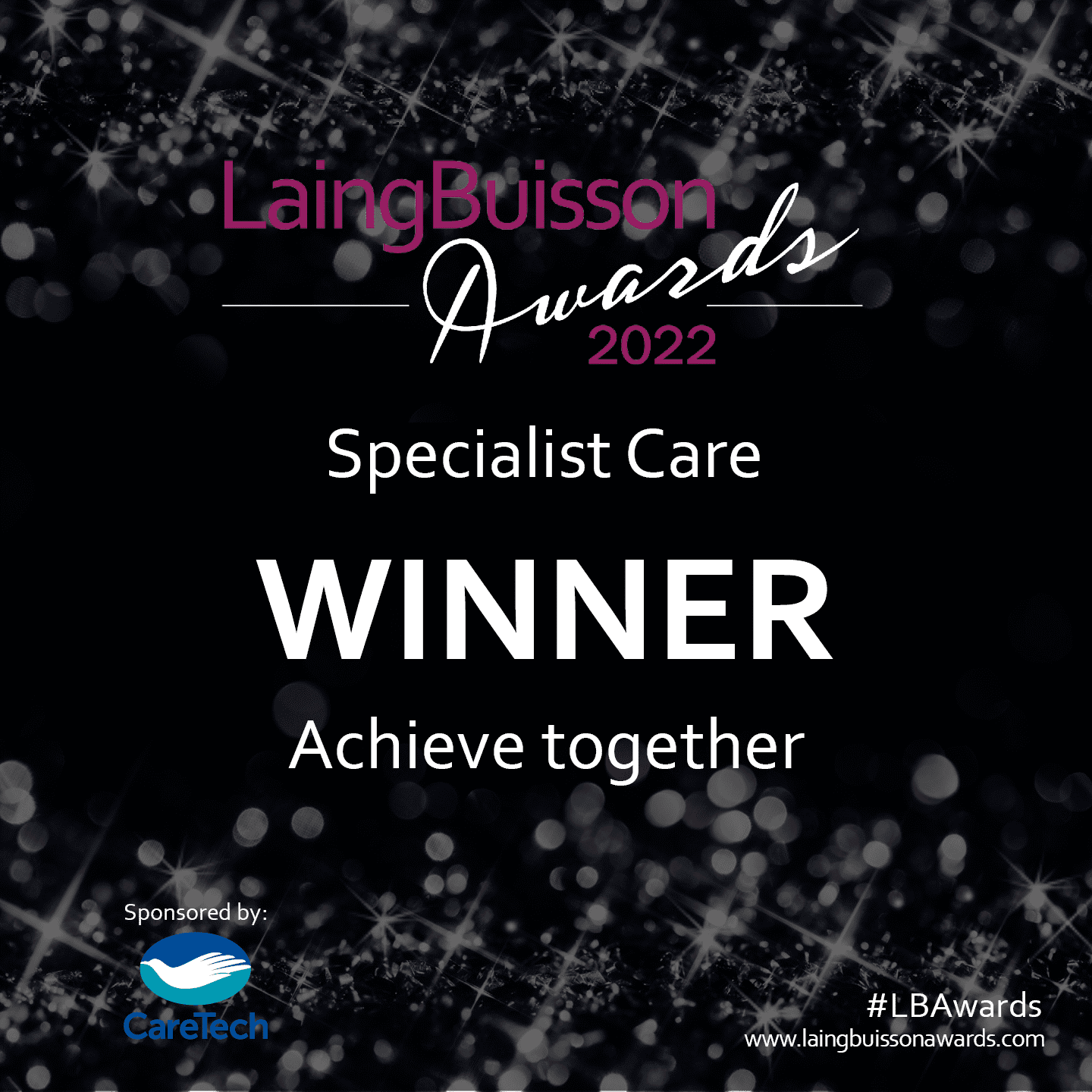The focus of the conference was on ensuring equality of health for people with learning disabilities and/or autism. Professor Deborah Sturdy opened with an inspiring presentation including the importance of the role of nursing in social care, the phenomenal work that is done every day, and the need for us all to make people aware of how great it is to work in social care.
Deborah announced to the audience that Michael and Achieve together’s Nursing Team had won the Nursing Times ‘Nursing in Social Care’ Award earlier in the week, and that she was delighted that nurses in learning disability social care were being recognised in this way.
Michael’s presentation focused on the role of Positive Behaviour Support in promoting equality of healthcare for people with learning disabilities and on some of the key challenges for people to access good health support, and to be treated with equity. A key message from Michael was:
“That all of us, in health and social care, by way of reasonable adjustments need to slow right down, and actively, properly listen to people with learning disabilities and/or autism. To truly listen, and very mindfully tune in to the person. By doing so, by slowing down and appreciating that person we can think creatively and provide equal support and treatment”.
Emphasis was also on the skills of PBS Practitioners to assess the environment, identifying whether the environments a person spends time in are ‘capable environments’, and being creative and adaptable when people find contact with health professionals and settings stressful and distressing, to support the person to cope with such contacts.
We all need access to good health support throughout our lives, we need to focus on each contact being as positive as possible, and PBS Practitioners can play a role in making that a reality. We need to think about long term solutions to a person’s stress in accessing health services, for example, using clinical holds to support a person to have an injection may solve that immediate need, but will not assist the person to cope positively with future health contacts.
Michael said:
“We all, including people with learning disabilities and autistic people, have only one life – it’s for living, and we need to ensure for optimum life opportunities that people with learning disabilities and/or autism have the best possible health support and experiences”.

